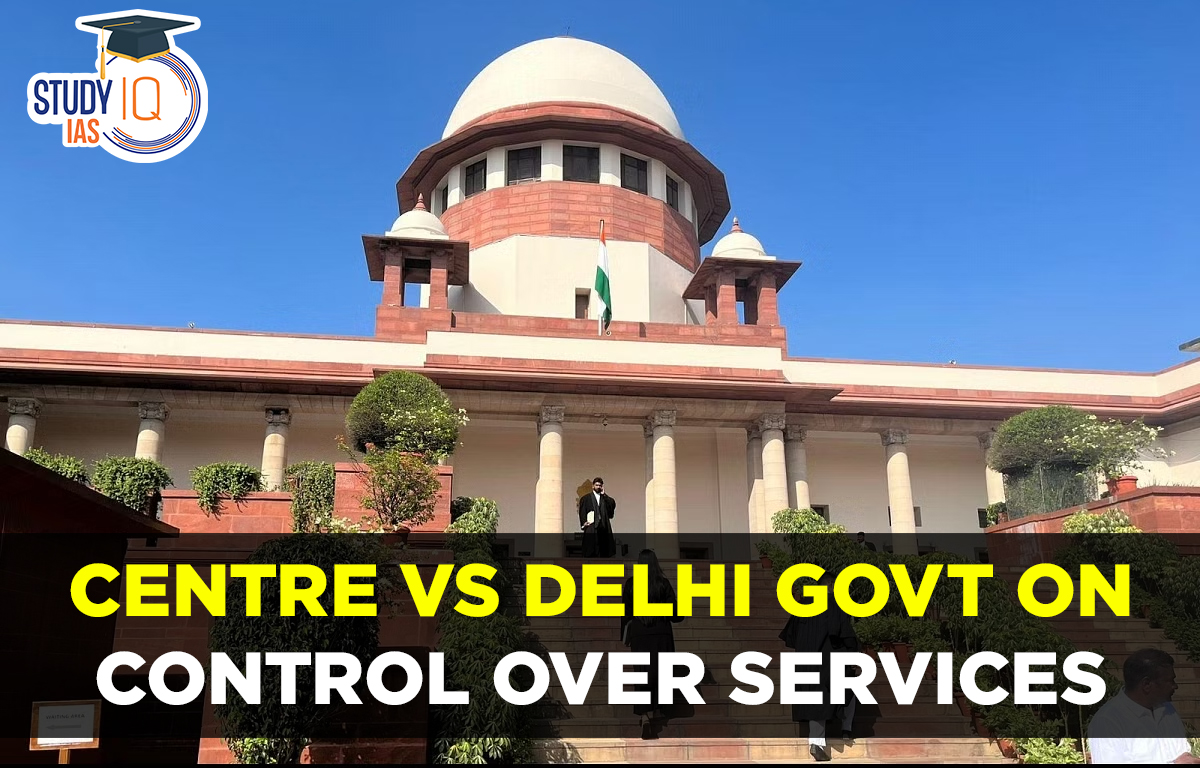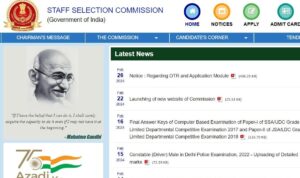Table of Contents
Background The Governance Model of New Delhi
- Delhi enjoys special status in India, being a Union territory with the features of a state, having an elected legislature.
- Article 239AA of the Indian Constitution (inserted through the 69th Constitutional Amendment Act, 1991) created special provisions for Delhi. As per Article 239AA:
- The ‘Union Territory of Delhi’ came to be known as the ‘National Capital Territory of Delhi’ (NCT).
- The ‘Lieutenant Governor’ (LG), became the administrator of the NCT.
- A Legislative Assembly with the power to make laws for the NCT with respect to the matters in the State List and Concurrent List of the Constitution was set up.
- However, the Legislative Assembly was not empowered to make laws on public order, the police, and land.
- A Council of Ministers and a Chief Minister for Delhi was set up to ‘aid and advice’ the LG on those matters that the Legislative Assembly was empowered to make laws on.
- Article 239: It deals with the Administration of Union territories. It has two provisions:
- A Union territory shall be administered by the President acting through an administrator to be appointed by him with such designation as he may specify, except as otherwise provided by Parliament.
- The President may appoint the Governor of a State as the administrator of an adjoining Union territory, and he shall exercise his functions independently of his Council of Ministers.
What is the Dispute?
- The issue concerns the scope of the legislative and executive powers of the Centre and the Delhi government over control of administrative services, which include appointments and transfers of officials etc.
- In addition, the question also includes whether the LG is bound by the aid and advice of the Council of Ministers for administrative purposes of NCT.
Important Judicial Pronouncements in this Regard

What are the Arguments and Counter-arguments on the Issue?
- Argument by the Centre: The Centre has consistently maintained that because Delhi is the national capital and the face of the country, it must have control over administrative services, which include appointments and transfers.
- Arguments by the Delhi govt:
- The Delhi government has argued that in the interest of federalism, the elected representatives must have power over transfers and postings.
- It had also contended that the recent amendments to the Government of National Capital Territory of Delhi (Amendment) Act, 2021, violate the doctrine of basic structure of the Constitution.
The Government of National Capital Territory of Delhi (Amendment) Act, 2021
- It amended the Sections 21, 24, 33 and 44 of the Government of National Capital Territory of Delhi Act, 1991.
- Key provisions of the amendment include:
- It states that the “government” in the National Capital Territory of Delhi meant the Lieutenant-Governor of Delhi (LG).
- It gives discretionary powers to the LG even in matters where the Legislative Assembly of Delhi is empowered to make laws.
- It seeks to ensure that the LG is “necessarily granted an opportunity” to give her or his opinion before any decision taken by the Council of Ministers (or the Delhi Cabinet) is implemented.
- It bars the Assembly or its committees from making rules to take up matters concerning day-to-day administration, or to conduct inquiries in relation to administrative decisions.


 SSC CGL Exam 2025 Apply Online Starts Ap...
SSC CGL Exam 2025 Apply Online Starts Ap...
 Daily Quiz 19 April 2025
Daily Quiz 19 April 2025
 Vehicle-to-Grid (V2G) Technology and its...
Vehicle-to-Grid (V2G) Technology and its...





















